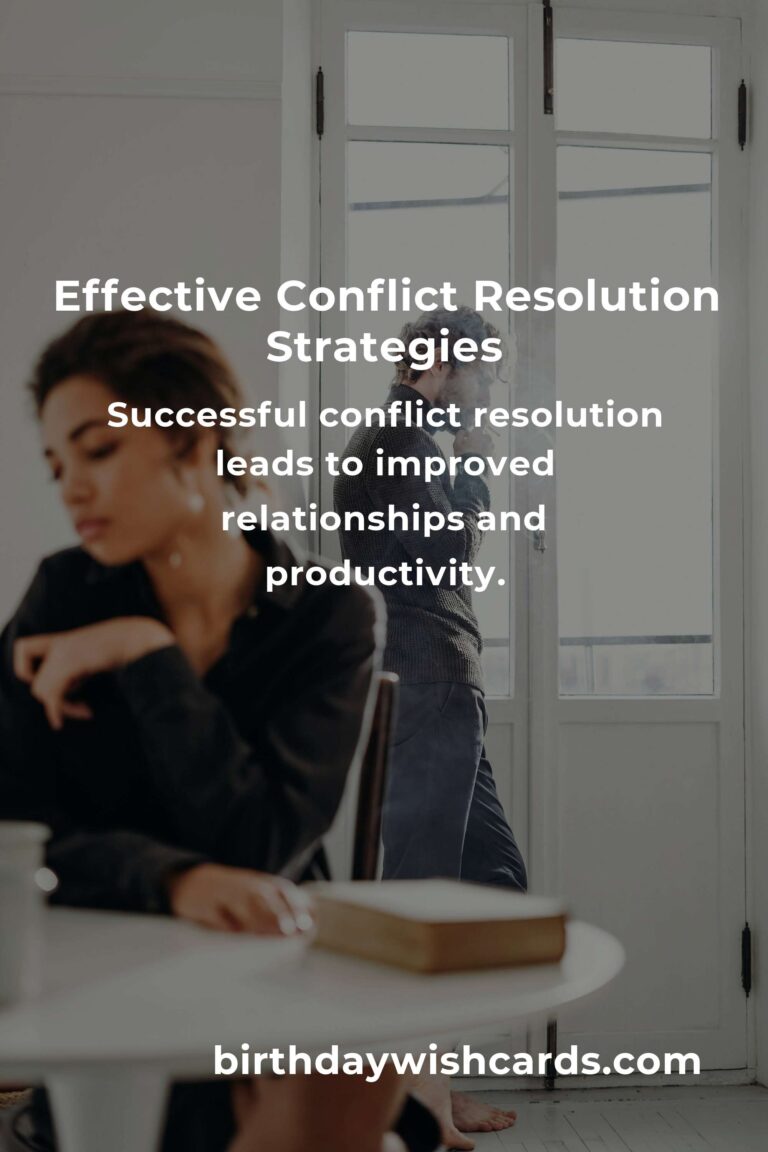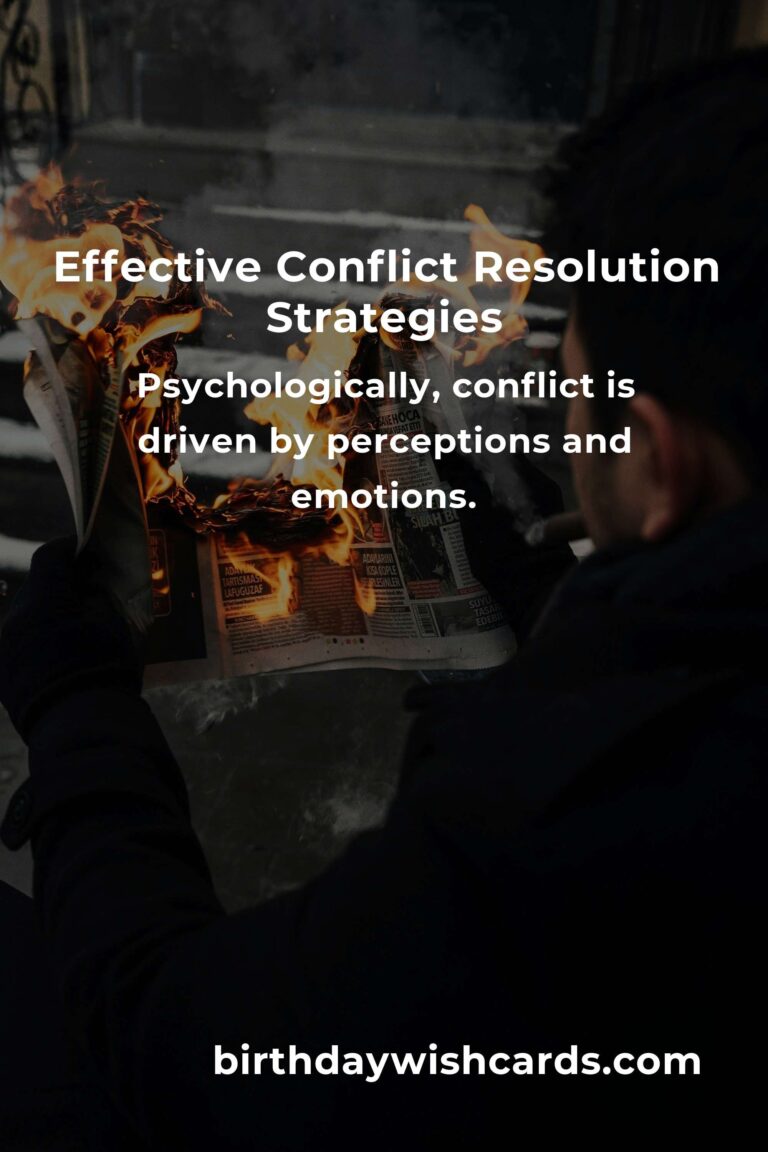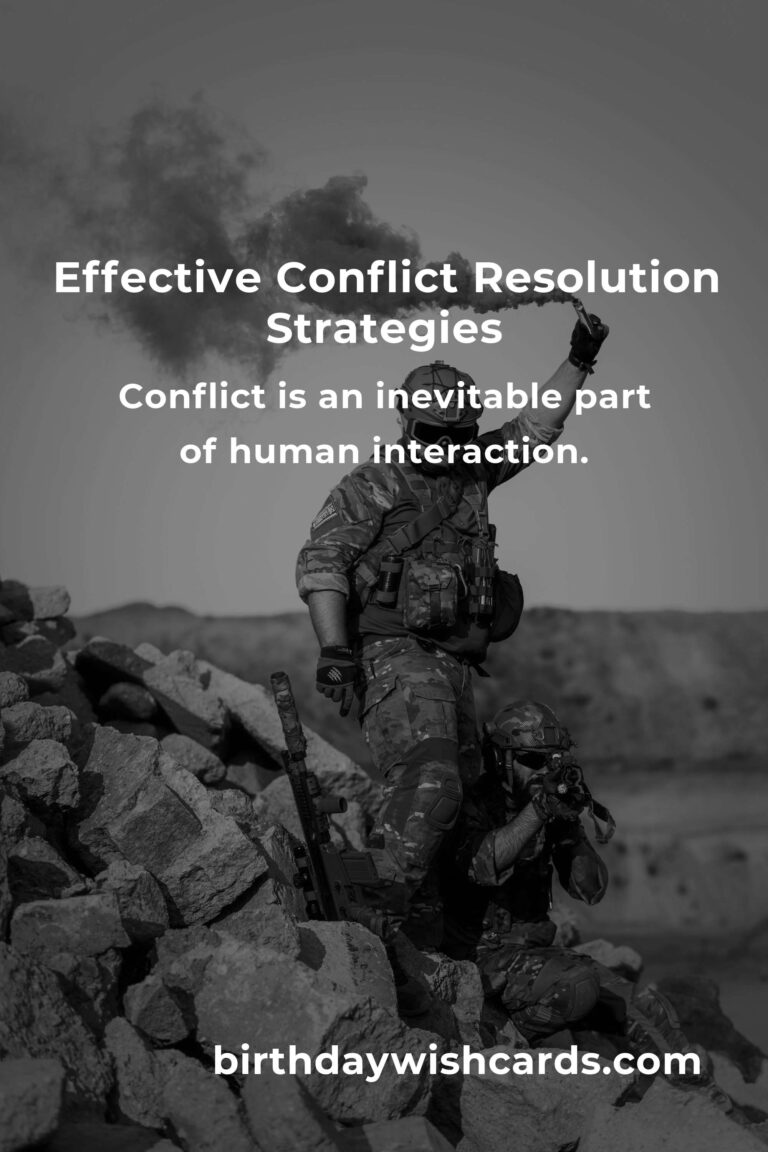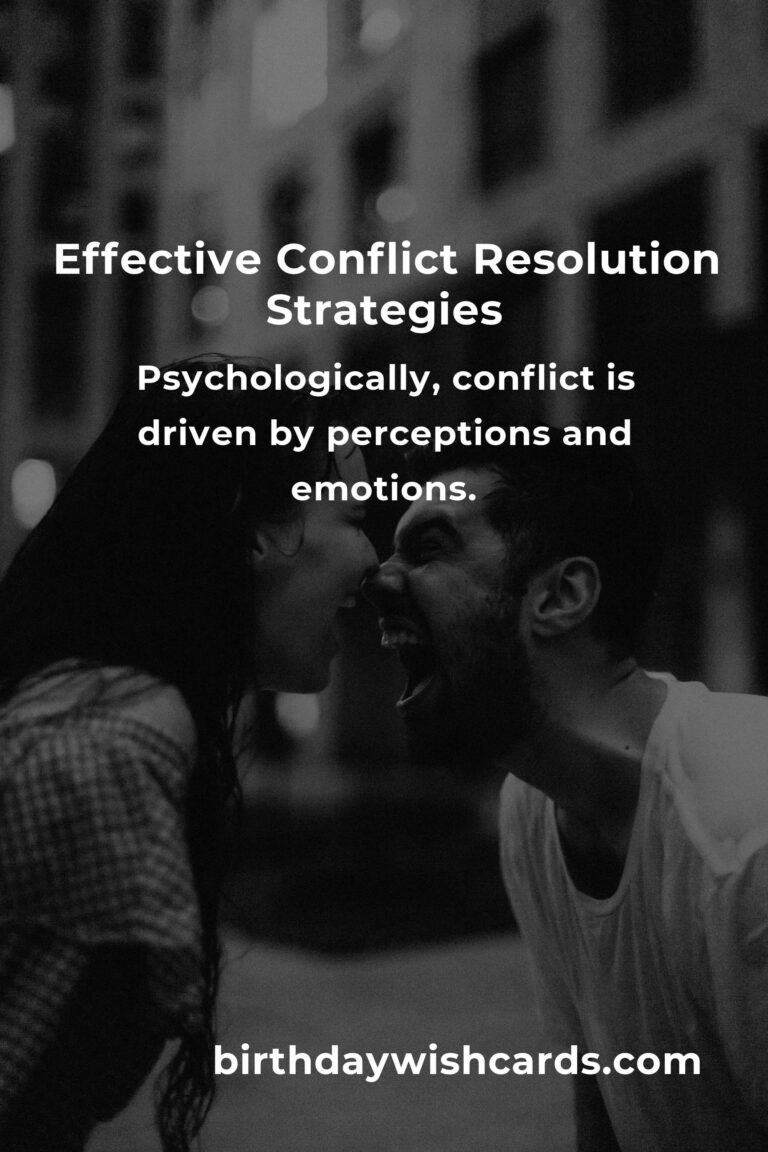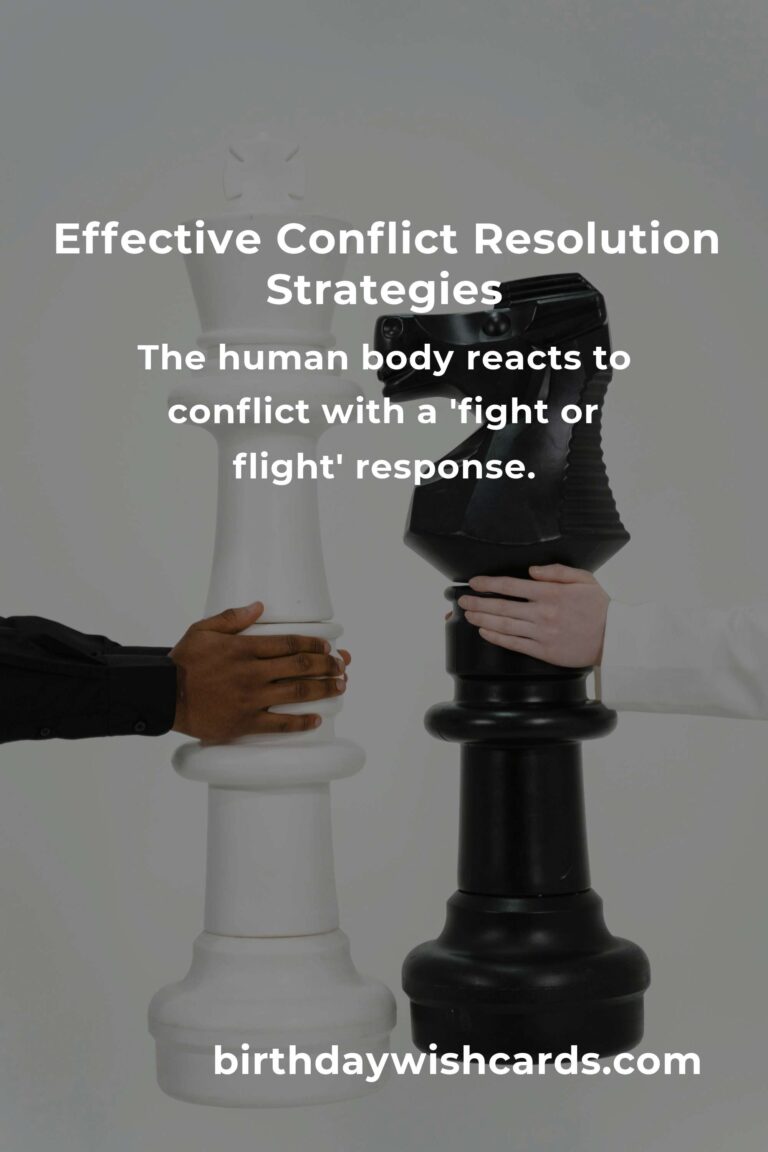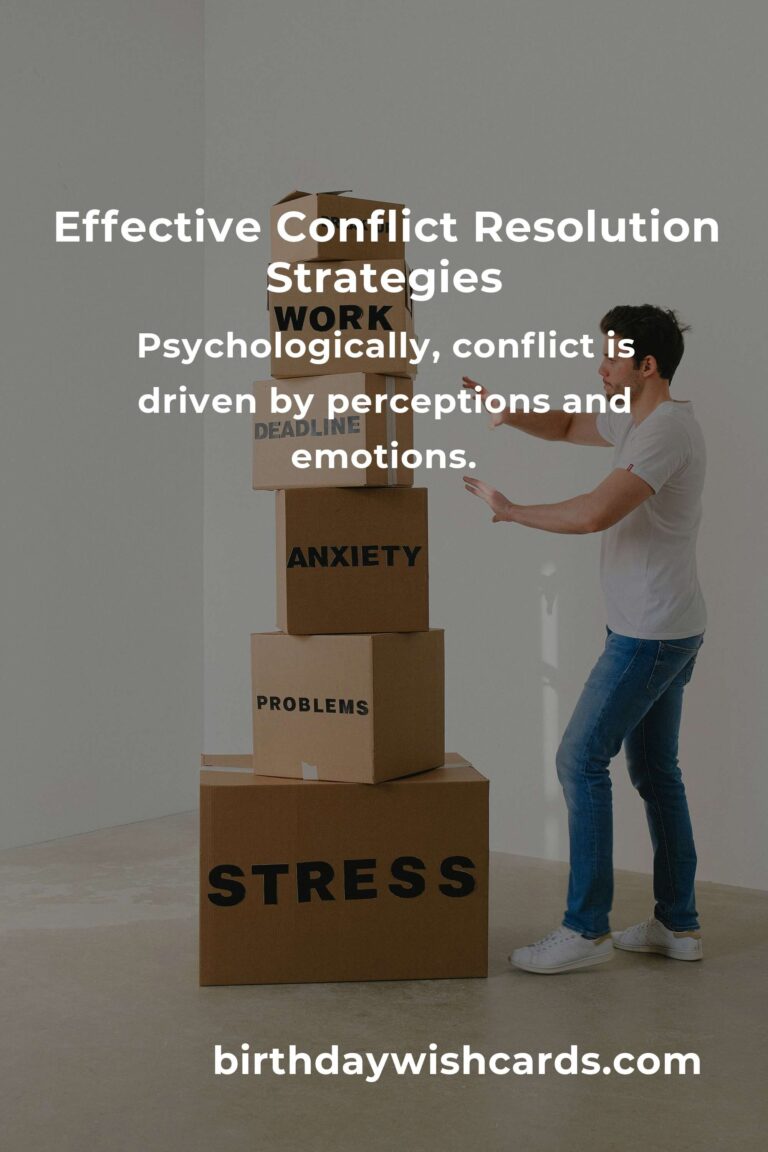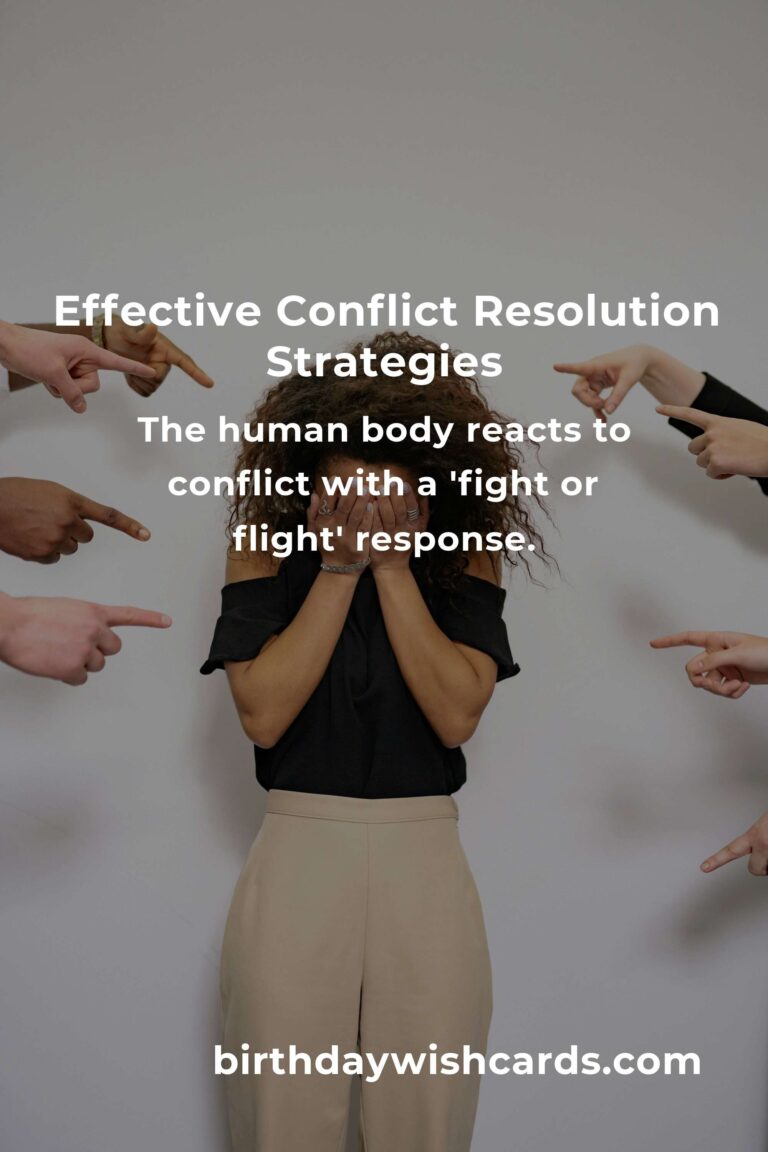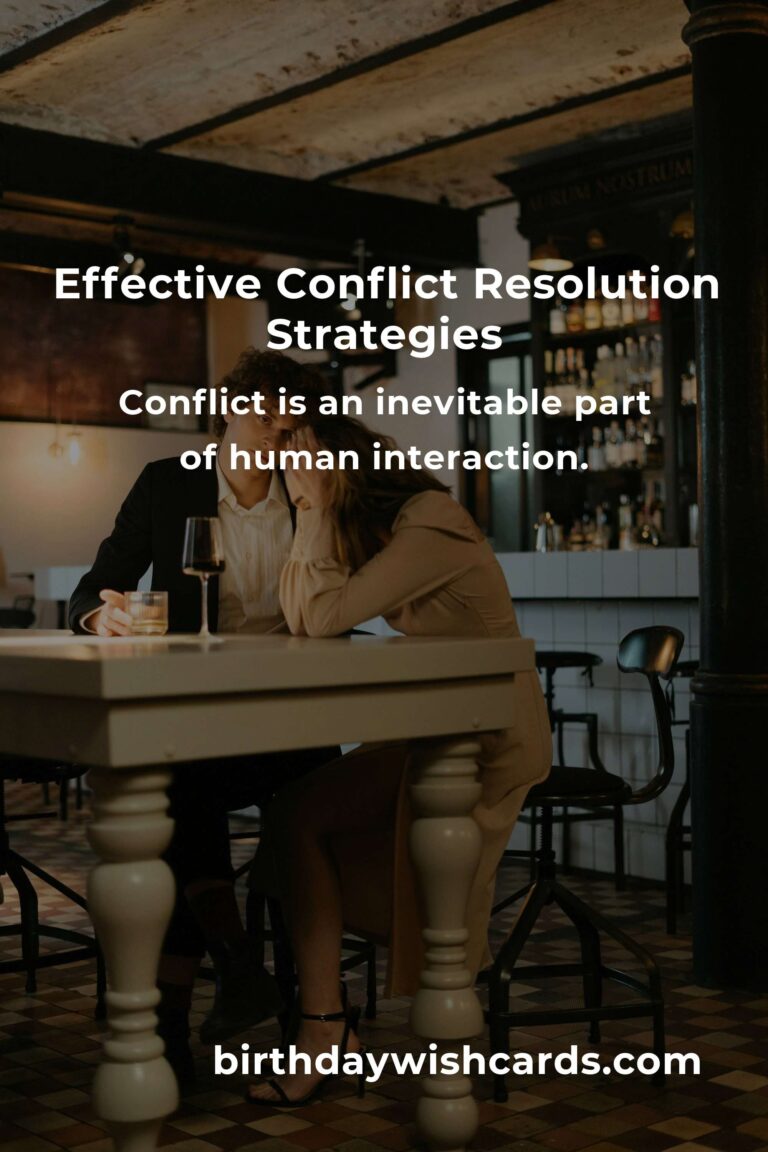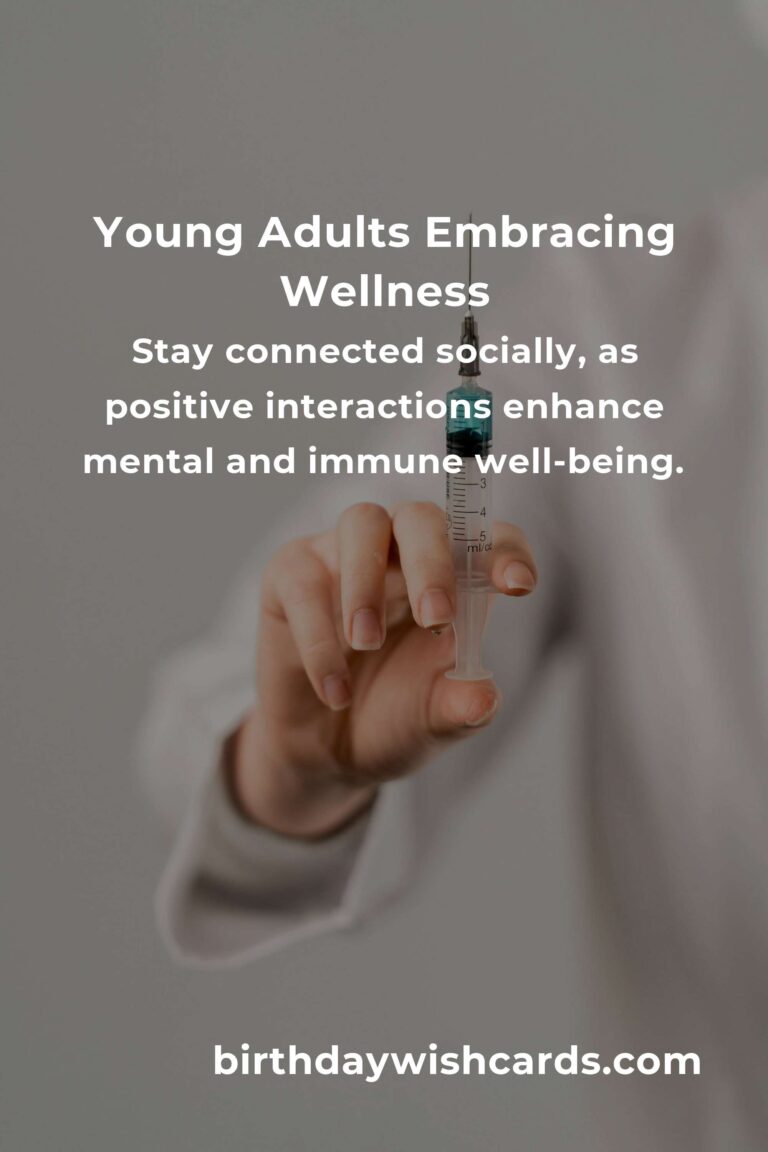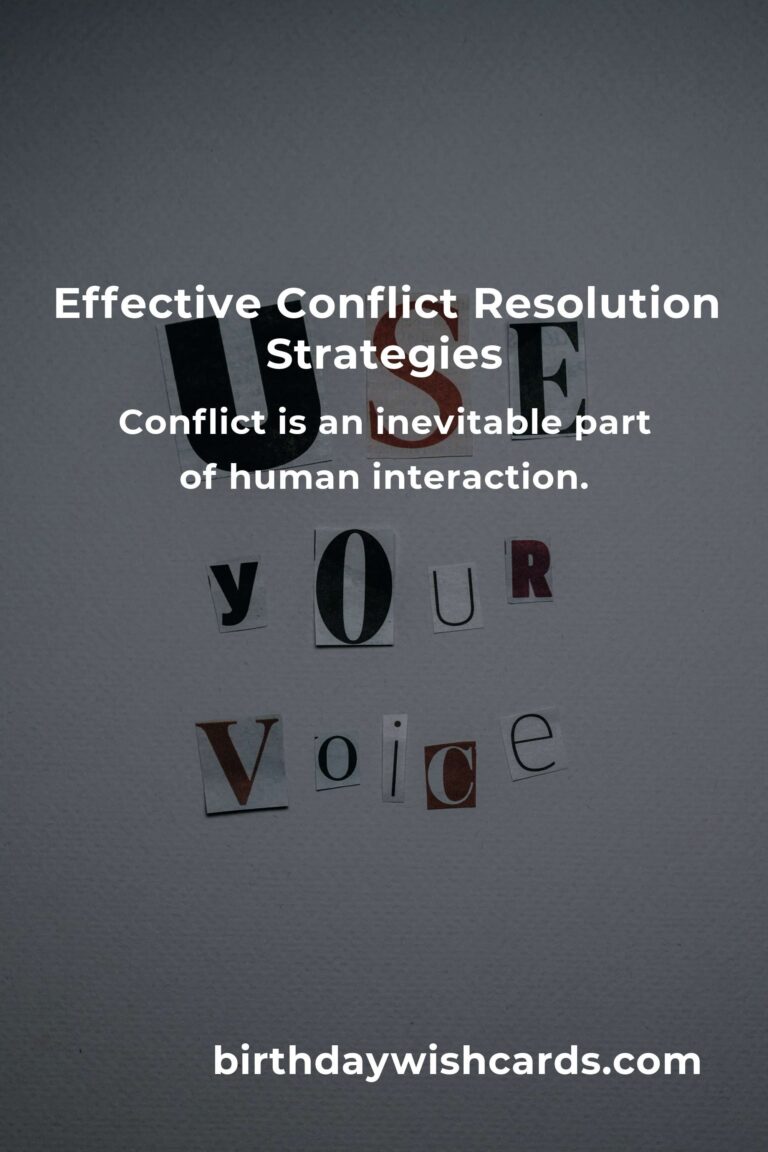
Conflict is an inevitable part of human interaction, occurring in personal, professional, and social environments. Understanding the science behind conflict resolution can help individuals and organizations manage disputes effectively, promoting harmony and productivity.
Understanding Conflict
Conflict arises from differences in values, beliefs, and interests. It can manifest in various forms, from minor disagreements to significant disputes, and can affect relationships and organizational dynamics.
The Psychology of Conflict
Psychologically, conflict is driven by perceptions and emotions. Cognitive biases, such as the fundamental attribution error, can exacerbate conflicts by leading individuals to misinterpret others’ intentions. Emotions like anger and frustration often fuel conflict, making resolution challenging.
Biological Responses to Conflict
The human body reacts to conflict with a ‘fight or flight’ response, releasing stress hormones like cortisol and adrenaline. While this response can be beneficial in threat situations, it often hinders rational decision-making during interpersonal conflicts.
Strategies for Smart Conflict Resolution
1. Active Listening
Active listening involves fully concentrating, understanding, and responding to the speaker. It helps in acknowledging the other party’s perspective, reducing misunderstandings and fostering trust.
2. Empathy and Emotional Intelligence
Empathy involves understanding and sharing the feelings of others. Emotional intelligence, which includes empathy, helps individuals manage their emotions and navigate conflicts effectively.
3. Collaborative Problem-Solving
This approach focuses on finding a win-win solution that satisfies all parties. It involves open communication, mutual respect, and a willingness to understand each other’s needs and constraints.
4. Mediation and Negotiation
Mediation involves a neutral third party to facilitate resolution, while negotiation is a direct dialogue between parties. Both methods require effective communication and a focus on interests rather than positions.
Benefits of Effective Conflict Resolution
Successful conflict resolution can lead to improved relationships, enhanced team collaboration, and increased productivity. It fosters a positive organizational culture and reduces stress and tension among individuals.
Conclusion
Understanding the science behind smart conflict resolution is crucial for managing disputes effectively. By employing strategies such as active listening, empathy, collaborative problem-solving, and mediation, individuals and organizations can turn conflicts into opportunities for growth and innovation.
Conflict is an inevitable part of human interaction. Understanding the science behind conflict resolution can help manage disputes effectively. Psychologically, conflict is driven by perceptions and emotions. The human body reacts to conflict with a ‘fight or flight’ response. Successful conflict resolution leads to improved relationships and productivity.
#ConflictResolution #Psychology #CommunicationSkills #EmotionalIntelligence #Teamwork

